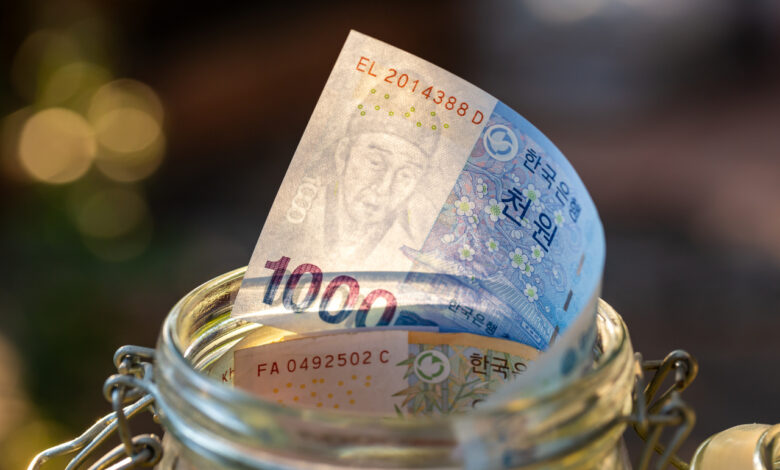
Is South Korea’s “No-Tip” Culture Problematic?
In South Korea, a growing number of restaurants and cafes are quietly testing the waters with tip jars and optional “gratuity buttons” on self-order kiosks. But these are sparking strong public backlash. Many view tipping as “unnecessary” and “incompatible” with their “no-tip” culture, which values price transparency and quality service without extra charges.
What’s the Buzz All About?
Recently, a restaurant in Seoul’s Yeouido district placed a tip box near the cashier. A Korean netizen uploaded a photo of said tip box to Threads with the caption: “This is Korea. Don’t bring tipping culture here. Don’t ruin what’s good.” The photo quickly went viral, garnering over 5,000 likes.
Do note that the netizen resides in the United States, so they are familiar with the tipping culture there.
Why Many Prefer Not to Tip
There are a few reasons why a “no-tip” culture still prevails in South Korea. For some, good service is seen as a basic right and not something to be rewarded with extra cash. Others point to the confusion and stress of tipping abroad, where it’s often unclear how much to give and when.
In fact, a 2023 survey conducted by online poll service company THEPOL found that over 61% of Koreans oppose tipping altogether. Critics warn that normalizing gratuities could undermine equality among customers, with better service given only to those who tip generously.
It’s Protected by Law
Service workers in South Korea are paid the national minimum wage directly by employers. A 2013 revision to the Food Sanitation Act requires all menus to include taxes and service charges—basically a “final price display” rule that bans hidden fees.
This system makes tipping optional and voluntary, but many Koreans say even visible tip jars create subtle pressure. In their opinion, they blur the line between optional generosity and an expected payment.
READ: OFWs in South Korea Get Equal Treatment as Locals Under Labor Laws
South Korea’s “no-tip” culture doesn’t seem problematic for most people—it’s the way they believe service should be. With fair wages, clear pricing, and a deep-rooted expectation that good service comes standard, many see tipping more as a burden than a reward. And for now, the country appears determined to keep things that way.




